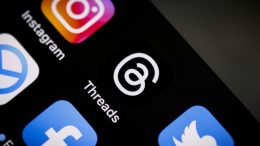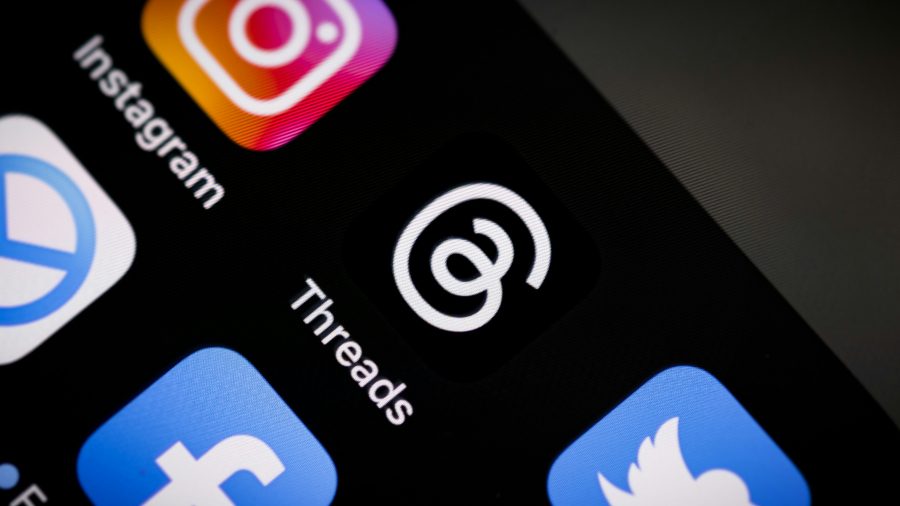I’m 16 and, unusually, I use Twitter quite a bit. I say unusually because perhaps you’ve heard that teens don’t tweet. This first came to light last year when a 15-year-old Morgan Stanley intern wrote a report [PDF] where he explained that teens “realize they are not going to update it,” and that “no one is viewing their profile, so their ‘tweets’ are pointless.”

Teens’ lives are entirely built around their actual friends. Quite simply, why would teenagers bother using Twitter when Facebook exists, and offers so much more? Teens want a platform that allows easy, fully-functional communication to an exclusive social circle. That is, solely to their friends and peers. Twitter is a platform built for inclusive broadcast (to everyone), and to teenagers it offers no obvious value.
Can you think of some reasons as to why your average Twitter user keeps tweeting? Self-promotion and the ability to follow interests immediately come to mind. For example, Robert Scoble uses Twitter to share his insights and knowledge on the tech scene, as well as to receive instant information on those areas of his interest.
Now let’s compare these reasons against the reasons teenagers use social networks: They use them to extend their real social connections onto the Internet, so that their social lives can continue with a larger group of friends, even when they can’t physically be with all of them at once. Self-promotion isn’t a high priority for most teens as they don’t have professional lives to think about, and the interests that they have are fed to them by their real friends.
Guest author Michael Moore-Jones is a sixteen-year-old who has grown up globally, but is currently based in Wellington, New Zealand. He is passionate about technology and business, and is involved in numerous startups. You can read his thoughts on his blog at mmoorejones.com, or follow him on Twitter at @mmoorejones.
Teenagers don’t usually care about being updated in real time on current events, and those events that are big enough, or relevant to them, will be shared by their real friends. It’s the simple fact that Twitter isn’t solving a problem that teenagers have, so there is no need for it.
The medium that teenagers use to communicate to their friends is actually very important, as it says a lot about what type of communication is to come (whether it’s a long conversation, or just a quick question). Twitter does not offer any alternate mediums of communication. Tweets themselves are usually impersonal, and @replies and Direct Messages do not serve as methods of communication that have any advantages to teenagers over methods offered by Facebook.
Facebook already has almost everything a teen could want in terms of communication and social networking, and it’s about to get even better with Facebook Messages (which will be a huge success amongst teenagers). Again, Twitter just offers no value to teenagers.
In terms of actually discovering interesting things that friends have said, Facebook offers a fantastic proposition – News Feed with the algorithm for pushing “interesting” content to the top. To teenagers, who don’t constantly watch information flowing in, this tool alone is a reason to never need Twitter. News Feed in real-time mode does exactly what Twitter does, except with media displayed in-feed (pictures and videos, rather than just the links to them).
However, there are hundreds of thousands of teenagers who do tweet. Most of my friends who do use Twitter have very specific interests they are building a following around (myself included, with interests being technology and business).
Whereas most teenagers only have an audience of real friends, teens with specific interests have a basis on which to target a separate, specific audience. The moment a sports-mad teen gets on Twitter, they know who their audience is and therefore see a reason for people to read their tweets. The majority of teenagers who don’t have specific interests realize that no one would read what they have to say, so don’t even bother creating a Twitter account.
Considering all these reasons that are holding teenagers back from using Twitter, it’s easy to wonder exactly how useful it is to the adults who use it. In a sense, it reminds me of Bebo and MySpace. Maybe it’s a fad for the older generations. It’s addictive, sometimes useful, and more often than not just a time-waster. It offers no great value proposition over existing services (Facebook) that offer much greater functionality. Is there any staying-power to it? Does it do anything that Facebook can’t implement in a way that is more useful to the masses?
Photo by Naf : 4D





















